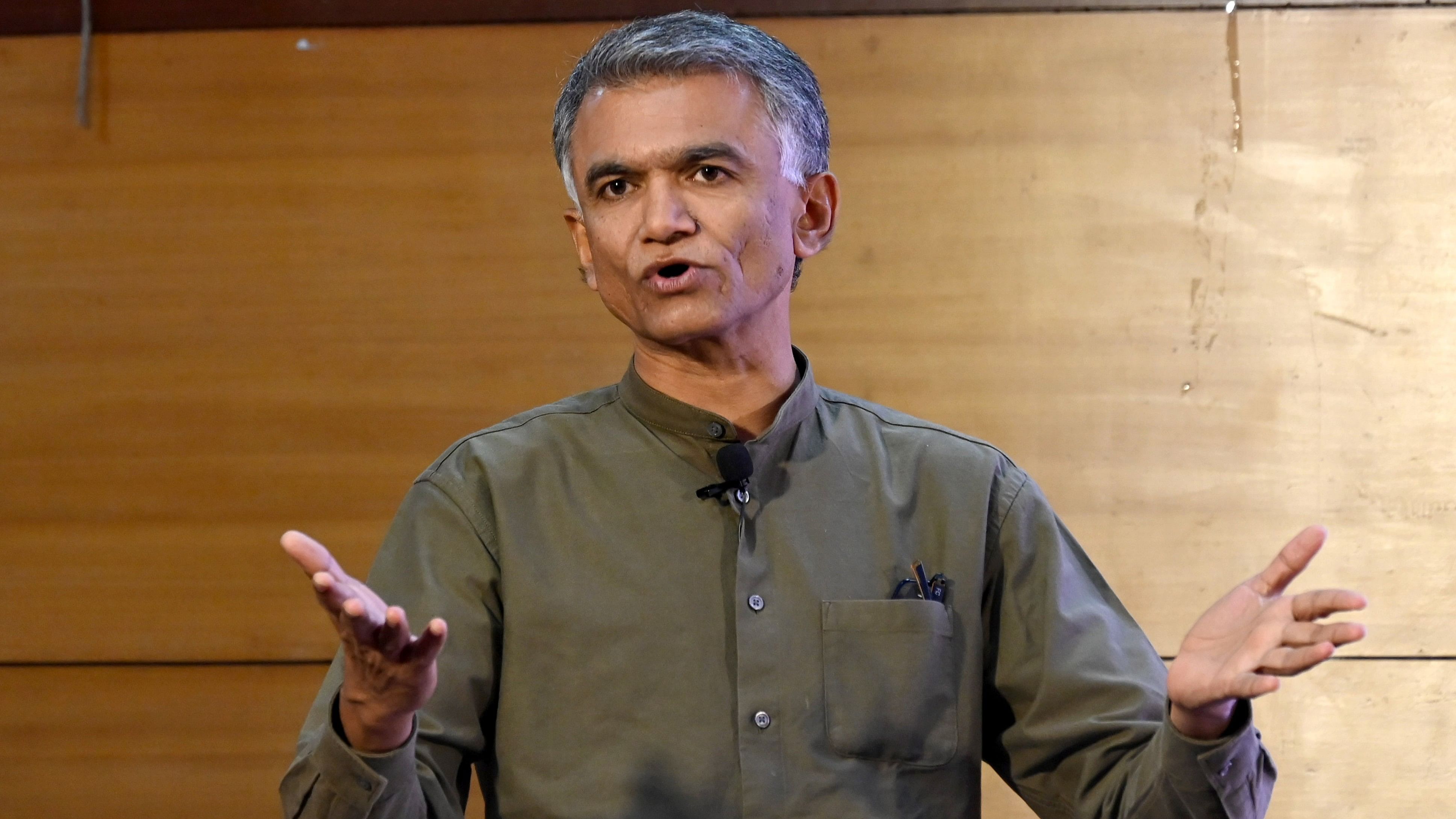
File photo of Revenue Minister Krishna Byre Gowda
Credit: DH Photo/ PUSHKAR V
Bengaluru: A World Bank-funded project worth Rs 3,500 crore to help Karnataka becoming resilient to climate-related disasters will be implemented in a full-fledged manner from March next year, Revenue Minister Krishna Byre Gowda has said.
Gowda concluded Thursday a week-long consultation between the state government and the World Bank team on the Karnataka Multisector Disaster & Climate Resilience Project. The World Bank will provide Rs 2,000 crore and the state government Rs 1,500 crore.
"It has become common for Karnataka to face either drought or floods every year. It is an absolute emergency to face these disasters with new technology," Gowda said.
For seven years starting March 2025, the World Bank and the state government will invest Rs 3,500 crore on disaster management. "From our share of the money, the government has started treatment of water and establishment of a lake network," Gowda said.
Gowda said the government is forming a lake network in Bengaluru to help the city fight flooding during heavy rainfall. "Across the city, the drainage system has been upgraded to carry more water into the lakes. As soon as one lake gets filled up, water flows into another one, thereby regulating the flood situation," he said. He also pointed out that sewage water from Bengaluru is being treated and used to fill up lakes in nearby districts, improving groundwater.
During the meeting, Gowda asked BBMP and BWSSB officials to work in tandem for the upcoming monsoon season.
Gowda batted for a water audit in Karnataka. "If 20% of water is used for drinking, 80% is for agriculture activities. Much of the water is being used to grow paddy and cane. But how much water is being used by which farmer? Who doesn't have water? Which parts of the state have a water problem? What is the percentage of groundwater being used by farmers? There's no study that has been done on this," he explained.
An audit like this would help the government make relevant laws or policies. "This (audit) should be taken up under this World Bank project," Gowda argued.
Between floods and drought, Gowda said the latter is more challenging for the government. "In the past few years, we've had more drought than floods. It's a challenge for the government. We need long-term drought management solutions. For this, we need research on developing new technology that can help us," he said.
